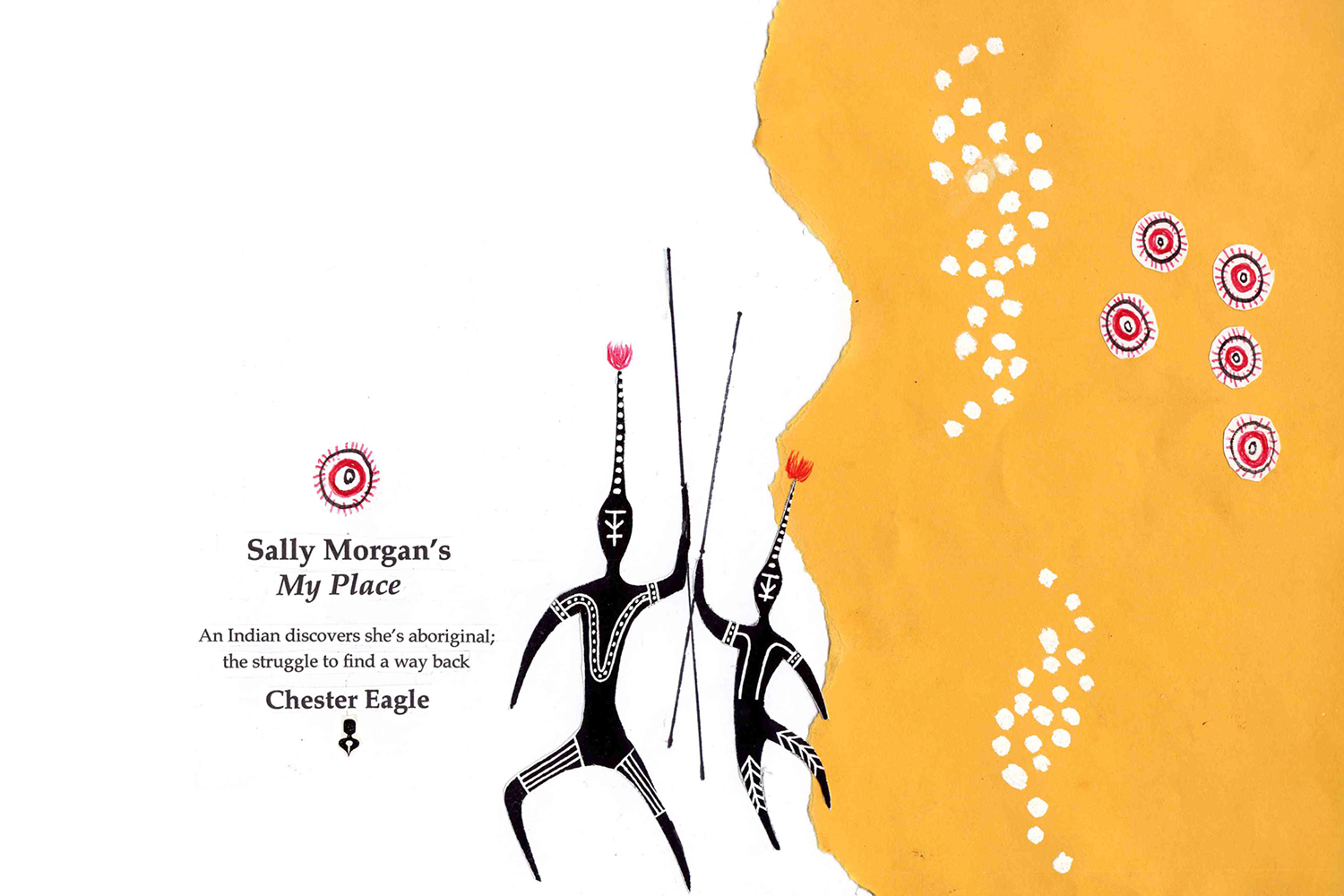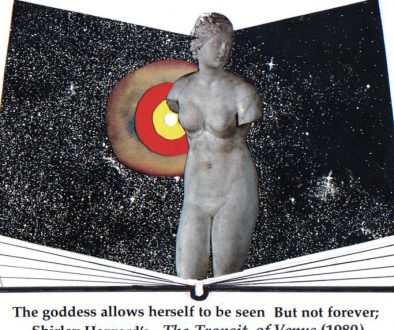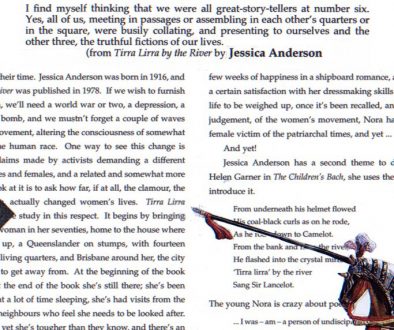10. Sally Morgan’s My Place

10. Sally Morgan’s My Place
An Indian discovers she’s aboriginal; the long struggle to find a way back.
Sally Morgan\'s My Place:
A book is only dormant, not yet fully alive, unless a readership is ready for it. My Place was fortunate in this regard. It appeared (1987) when there were enough Australians curious about aboriginality to give it a welcome. Many of them may have been no more than curious, but they acclaimed it. In a sense, the readers resembled the author and her family. Here is Sally Morgan’s dedication.
To My Family
How deprived we would have been if we had been willing to let things stay as they were. We would have survived, but not as a whole people. We would never have known our place.
‘Things as they were’ … ‘not a whole people’ … ‘never have known our place’ … and, in selecting words from Sally Morgan to guide me, let me also take ‘deprived’ (‘How deprived we would have been …’) and invert it so that it becomes ‘enriched’. I feel sure that those first readers of My Place felt they had been enriched in being allowed to share the trials and ensuing bonding that have been so much a part of aboriginal life since the white invasion.
Aboriginal people and the intruders who broke into their seclusion have been curious about each other, right from the start. Each side could see how different the others were, and the better they knew each other, the longer they lived side by side, the more difficult it became. Neither knew how to yield, and neither wanted to, very much. The Europeans took their superiority for granted, and, unfortunately for the black people, it was the Europeans who won. They occupied not only the land but also the minds, the thinking, of those they overcame. [read more]
Introduction:
In 1981 Patrick White published an autobiographical book called Flaws in the Glass; the Melbourne Age commissioned two reviews, one of them from Hal Porter, who said, among many things unflattering to ‘Mr White’:
Writers of my sort can be said not so much to read as to examine another writer’s work rather as one car freak examines the vehicle and driving of another car freak. One says, “Splendid vehicle! Superb driving!” Or, “Nice vehicle! Ghastly driving!” Or, “Can’t stand that kind of cumbersomely pretentious vehicle! And what bewildering and erratic driving!”
Hal confesses that the third attitude is his to the novels and plays of ‘Mr White’. I will say no more at this point about Mr White or Mr Porter, but I quote this comparison of writer and car freak because in the essays that follow I am the freak who comments on others of his kind. I know I can’t see my essays as others will see them but I imagine some readers accusing me of many things, and others, well trained, perhaps, in one or another school of literary or social criticism, who will think my observations no more than shallow or ignorant. To such people I can only say that these essays offer whatever it is that a fellow-writer can offer, and don’t pretend to offer anything else.



